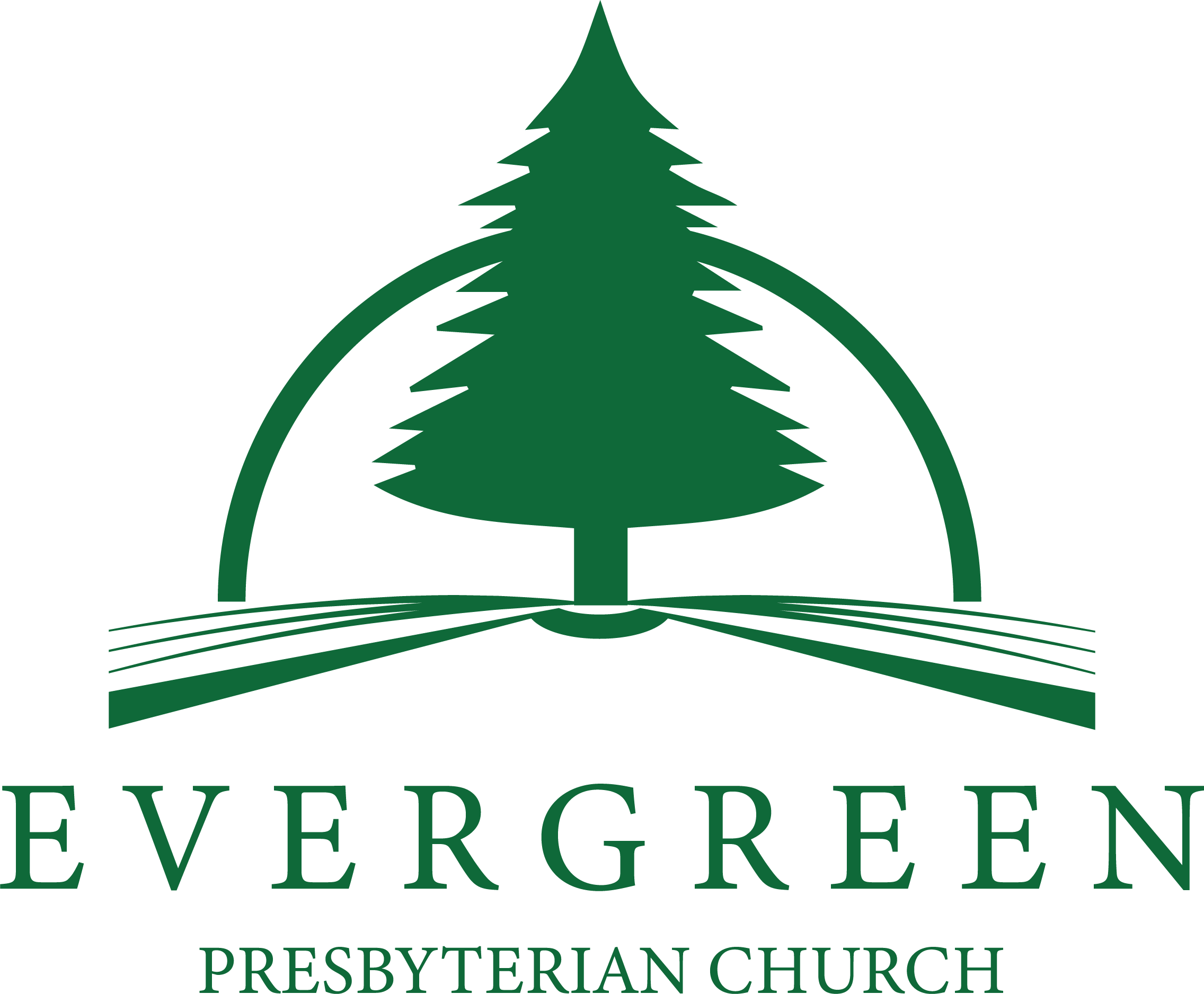1 - Beginner
Introducing Christian Ethics: A Short Guide to Making Moral Choices
Scott Rae
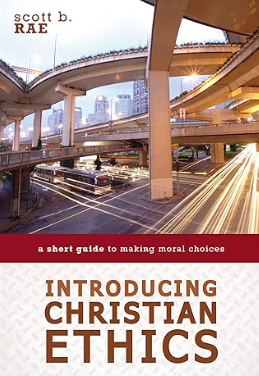
Scott Rae’s book Moral Choices was my first reading in ethics while I was earning my Philosophy degree. Rae is an excellent guide to a challenging topic. Now that I am a pastor and am sometimes called upon to advise members on difficult life decisions, I am grateful for the categories established in his work. Even if you disagree with some of the conclusions Rae comes to, the topics are broken down so well that you are still helped to think well about them.
1 - Beginner
Natural Law: A Short Companion
David VanDrunen
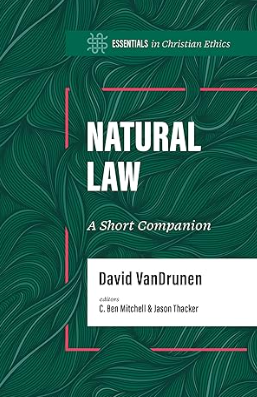
I believe that Christians (especially Protestant Christians) have been poorly served over the past couple decades by our neglect of the subject of Natural Law. As we have neglected Natural Law, we have become weak in our ability to engage in important public topics. Even if the reader disagrees with David Vandrunen’s two-kingdoms approach to political public engagement, that is no reason to miss this book, which is a distillation of decades of work on Vandrunen’s part on this topic. I am grateful that a Protestant theologian is drawing this important topic from Scripture, and I hope that more Christians will take the lessons of this book into their public engagement.
2 - Intermediate
Bioethics and the Christian Life: A Guide to Making Difficult Decisions
David VanDrunen
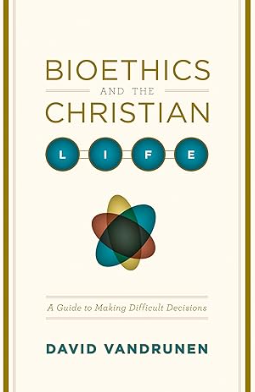
In my first pastorate, the daughter of an elderly member in hospice looked me in the eyes and said, “They tell me mom is braindead. I’m a Christian and believe life is precious. Should we keep the feeding tube in if the doctors can’t see any way that she can ever survive on her own again?” These sorts of incredibly hard questions eventually come for all of us – pastors or not. Books like this help the Christian to think about difficult and tricky questions that would intimidate nearly anyone.
3 - Advanced
Begotten or Made?
Oliver O'Donovan
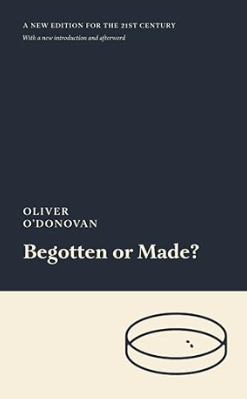
In the past century, human beings have changed in how we think about the topic of sex and reproduction. Instead of seeing childbirth and childrearing as a part of the wholistic human life, we often see these things merely as medical issues. Especially as we enter a brave new world of reproduction, artificial insemination, surrogacy, and transgender ‘medicine’ for hosts of issues, we increasingly see all of these things through a lens of science and medicine, but perhaps not in a wholistic human way. Oliver O’Donovan challenges his readers to see ourselves as whole persons, and to reflect on how these things actually change the way we see ourselves. This is a challenging but important read.
